The Fixed-Schedule Effect: Secret Keys to Life?
My husband often forwards me tidbits from the interwebs that he knows I’ll find interesting. Last week he sent me an article about time management that really blew my mind. In some ways I think it’s the paradigm shift I’ve been looking for, as I often feel lost in the vortex of caring for young children and stepping between motherhood and work.
The answer to feeling overwhelmed and overbooked is NOT throwing more time at your workload — it’s about prioritizing and working in a more condensed framework. It’s about working smarter, not working MORE. Just what busy mothers need, right? We can’t add more hours to our day, but we can use what we have more efficiently WITHOUT running around like maniacs.
This article was truly an eye-opener for me. There’s even discussion of synthesizing parenthood, domestic life, and work. Here’s an excerpt (although I do hope you read the whole thing):
I must emphasize that I’m not some laid-back lifestyle entrepreneur who monitors an automated business from a hammock in Aruba. I have a normal job (I’m a postdoc) and a lot on my plate. This past summer, for example, I completed my PhD in computer science at MIT. Simultaneous with writing my dissertation I finished the manuscript for my third book, which was handed in a month after my PhD defense and will be published by Random House in the summer of 2010. During this past year, I also managed to maintain my blog, Study Hacks, which enjoys over 50,000 unique visitors a month, and publish over a half-dozen peer-reviewed academic papers.
Put another way: I’m no slacker. But with only a few exceptions, all of this work took place between 8:30 and 5:30, only on weekdays. (My exercise, which I do every day, is also included in this block, as is an hour of dog walking. I really like my post-5:30 free time to be completely free.)
I call this approach fixed-scheduled productivity, and it’s something I’ve been following and preaching since early 2008. The idea is simple:
Fix your ideal schedule, then work backwards to make everything fit — ruthlessly culling obligations, turning people down, becoming hard to reach, and shedding marginally useful tasks along the way.
The beneficial effects of this strategy on your sense of control, stress levels, and amount of important work accomplished, is profound.
<snip>
Michael Simmons’ [business] expanded quickly in the years following college graduation. Around the time I was reading The 4-Hour Work Week, I started to discuss the possibility that Simmons tone down the hours. It was his company, I argued, so why not take advantage of this fact to craft an awesome life.
Among the specific topics we discussed, I remember suggesting that Simmons cut down the time spent on e-mail and social networks.
“This isn’t optional for me,” he explained. “Any of these contacts could turn into a important partner or sale.”
But then Simmons’ daughter, Halle, was born.
Simmons’ work schedule reduced from 10 to 12 hours days to 3 to 5 hour days. He took care of the baby in the morning, then worked in the afternoon while his wife, and company co-founder, took over the childcare responsibilities. Evenings were family together time.
Halle forced Simmons into the type of constrained schedule that he had previously declared impossible. And yet the business didn’t flounder.
“The baby turns ’shoulds’ into ‘musts’,” Simmons explained to me. “In the past I used to put off key decisions, or saying ‘no’, because I didn’t want to deal with the discomfort. Now I have no choice. I have to make the decisions because my time has been slashed in half.”
“Since out daughter was born about a year ago, our business has more than doubled.”
The Fixed-Schedule Effect
Collins, Saunders, and Simmons all share a similar discovery. When they constrained their schedule to the point where non-essential work was eliminated and colleagues and clients had to retrain their expectations, they discovered two surprising results.
First, the essentials — be it making sales calls, or focusing on the core research behind a book — are what really matter, and the non-essentials — be it random e-mail conversations, or managing an overhaul to your blog template — are more disposable than many believe.
Second, by focusing only the essentials, they’ll receive more attention than when your schedule was unbounded. The paradoxic effect, as with Collins’ bestsellers, or Saunders and Simmons’ fast-growing businesses, you achieve more results.
Living the Fixed-Scheduled Lifestyle
The steps to adopting fixed-schedule productivity are straightforward:
- Choose a work schedule that you think provides the ideal balance of effort and relaxation.
- Do whatever it takes to avoid violating this schedule.
This sounds simple. But of course it’s not. Satisfying rule 2 is non-trivial. If you took your current projects, obligations, and work habits, you’d probably fall well short of satisfying your ideal schedule.
Here’s a simple truth that you must confront when considering fixed-schedule productivity: sticking to your ideal schedule will require drastic actions. For example, you may have to:
- Dramatically cut back on the number of projects you are working on.
- Ruthlessly cull inefficient habits from your daily schedule.
- Risk mildly annoying or upsetting some people in exchange for large gains in time freedom.
- Stop procrastinating.
In the abstract, these are all hard goals to accomplish. But when you’re focused on a specific goal — “I refuse to work past 5:30 on weekdays!” — you’d be surprised by how much easier it becomes to deploy these strategies in your daily life.
Read the full article here. Really, it’s worth the read!
I’ve already begun applying these principles to my work life, and I see how powerful this approach can be. Knowing that I need to tie up all loose ends by a certain time (various intervals throughout the day) really helps me stay focused. It’s kind of like applying the urgency of NaNoWriMo to your regular schedule. Do it now; there’s a deadline; stay focused. When you know there really are only 6 hours to get a project completed (rather than telling yourself you’ll work a second shift to get it done) you don’t waste time on Facebook or comparison shopping prices for Seventh Generation Diapers online. And in the end, what do you get? A finished project AND an evening to spend doing whatever you want to do. Suddenly there is time for creativity, reading, whatever. Sounds so simple, I know, but I can’t tell you how much I DON’T do that when left to my own instincts.
Can you see ways of applying these principles to the domestic side of life? Obviously, children aren’t going to observe a “fixed” schedule, no matter how much we might want them to, but there must be ways to apply the “container” approach in a way that makes the domestic scene feel less overwhelming. Your thoughts?
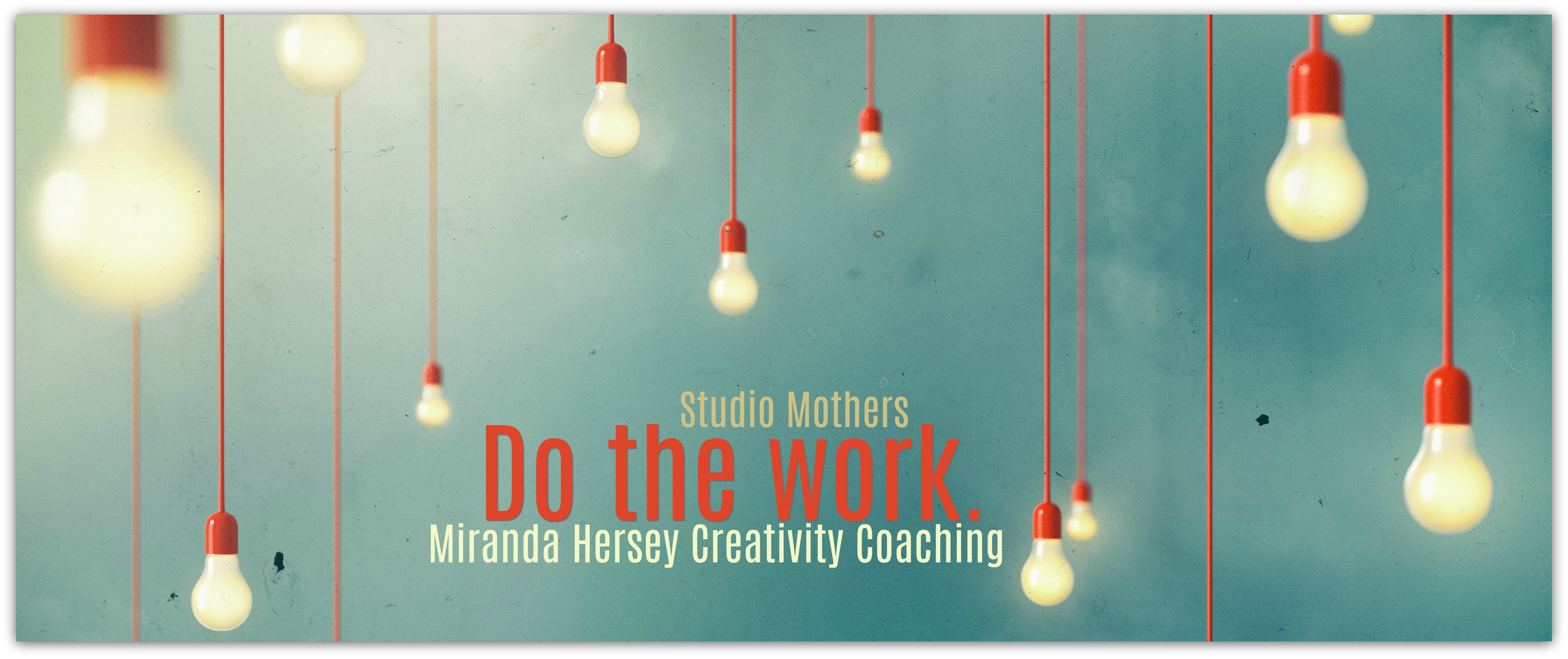




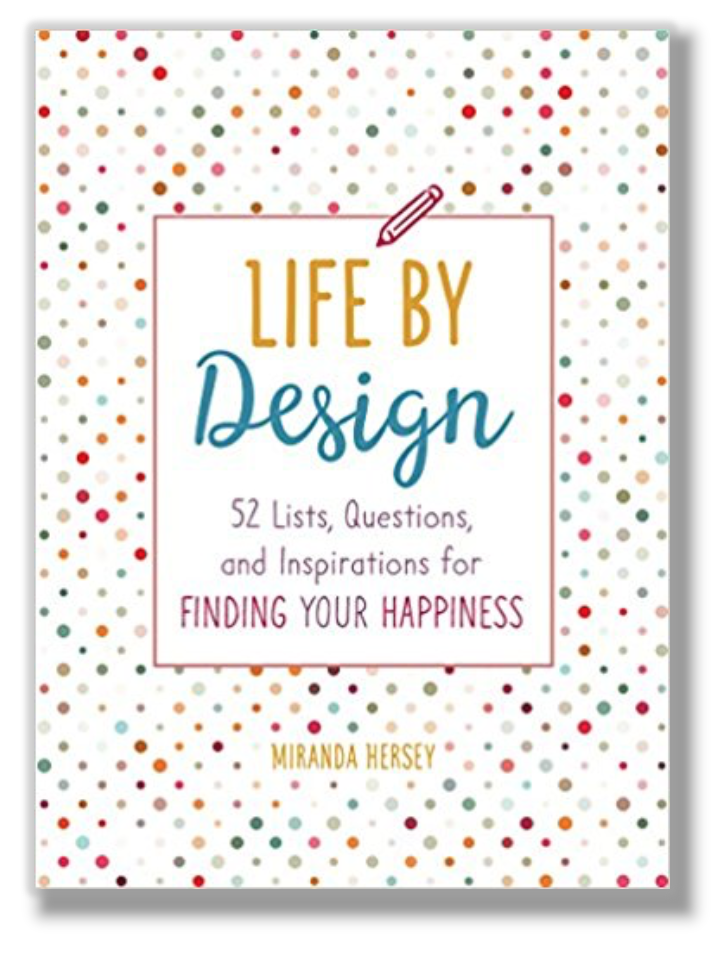
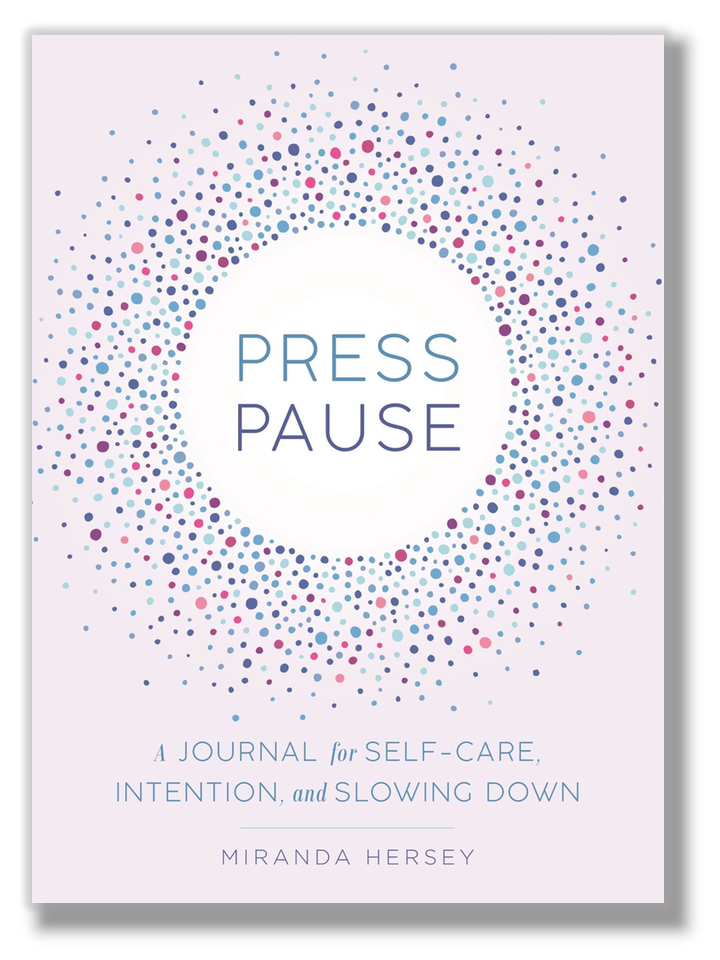
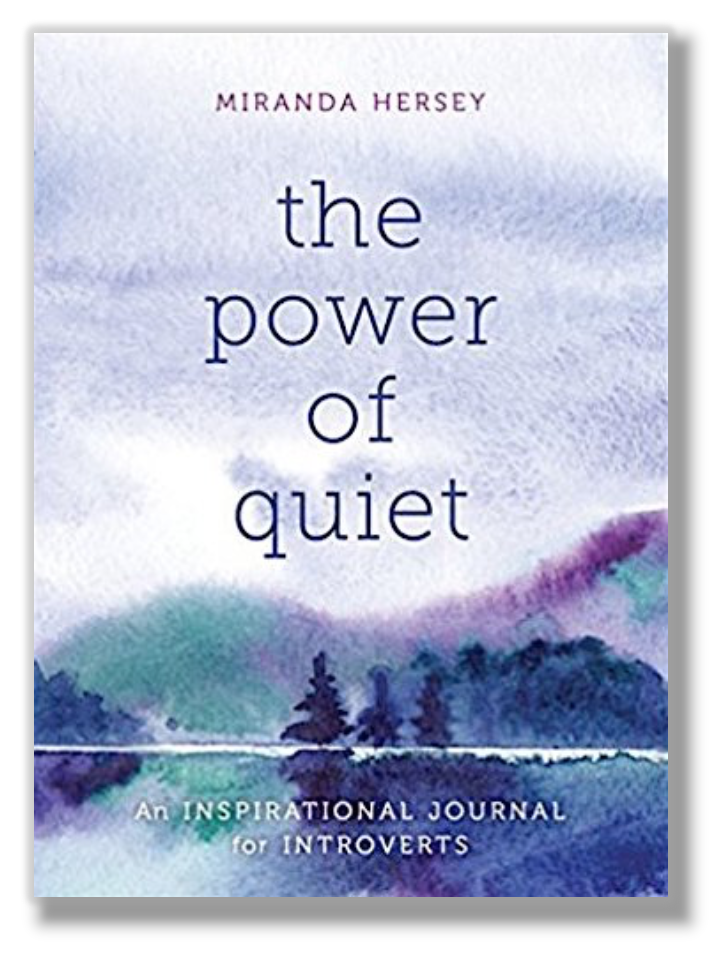

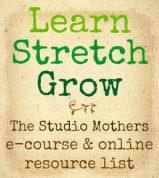





Really good article here! For someone who struggles with overcommitment it was helpful. Thanks.
Damn. Don’t have time to read this.
Interestingly, this is EXACTLY what I used to do when I worked in industry and had young children. I put boundaries around my work time, working only my 9 to 5, three days a week. I was a technical writer on deadline projects, but you’d never know I was working three-fifths the time of the other writers. And I never worked at night or on my off days (except on, you know, the endless stuff that needs to be done at home).
Of course, the fact that I’m responding to this proves how little discipline I have at dealing with social networking. However, I also have 20 years of experience that tells me that even if I procrastinate, I still get my work done quickly and on time, so I try not to self-flaggelate too much for screwing off. But I would definitely be more productive if I did not.
“# Ruthlessly cull inefficient habits from your daily schedule.
# Risk mildly annoying or upsetting some people in exchange for large gains in time freedom.”
LOVE IT. I have already started doing this since we got back from Disney – I really believe it’s not our goals that are over-the-top, but our inability to filter the constant barrage of SELF -PERCEIVED obligations. I can’t wait to read the full article – thx, Miranda!
bullet points 1 and 3 i’ve got down to a science. i haven’t cared a fig what other people thought of me and how i offend them in years. well, not 100%, but i do value my me time and screw everyone else when i have it. esp because its rare. and by me time i am refering to writing time.
i’ve been ‘shutting down’ in the eves since i quit working a night job. i need and value that down time as a writer, even if i am specifically not writing. i am likely mullling character development and whatnot anyway, but i need to get away from the screen and keyboard to do so.
in the words of adlai stevenson ‘it is in the nature of cats, to do a certain amount of unescorted roaming’ and that’s what i am doing in my head at night. if in the background while project runway is in the foreground…
Thanks Mir!
Perfect timing as I hone in on a schedule for my new work life. Made me sit and consider a schedule within the confines of 9 to 5…and i just today decided that I didn’t need to have agreed to sit on another conservation-minded committee – one’s enough, and I’m volunterring time and energy for the fishermen!
The Power of NO, Thank You for Asking!
Craft your life and heaven help whatever gets in the way.
And roam, unescorted, with cats, dogs or toddlers….
I remember a photo teacher i assisted in 2000 insist that 15 minutes was all she needed to go into her studio, set up a new still life, take the picture and get back to her kids…she couldn’t understand the guys in the class who insisted they needed three hours to find the photo…
I do think some of the difference was she knew what she was after in an image and they were still students seeking…
I need the pressure factor too, to be really productive. Drafting a schedule on paper and posting it to the wall next will be my experiment.
How is the end of the day transition back to motherhood going?
@betsyg, i think the fine art of procrastination is essential for writers. obviously not when it is unhealthily persued, but the downtime of occupying the front of your mind elsewhere, helps the germination process of ideas.
jacqui robbins had a great blog quote about it this week:
*I must overcome this “get things accomplished” instinct, this desire to fast draft, to cross things off my to do list, to feel “productive.” The truth is that writing isn’t a linear activity. It’s a swirling and stopping, fits and starts, jags of genius/weeks of drivel rollercoaster that does not always even move forwards. Type type type…delete delete delete.*
http://jacquirobbins.blogspot.com/2009/12/why-baking-cookies-is-like-writing-my.html for the rest of the blog.
Percolation is important, but there’s a fine line between percolation and procrastination. I think each one of us knows if she is wasting her time. I very, very rarely feel “tapped out” or that I need to let the ideas do their thing while I sit back and do something else. For me, that process happens all day long while I’m doing other stuff. If I sit down and bang out 2K words, OK, I’m done. I can’t do any more right then. But how often does that really happen? OK, like three times a year.
I still think TV is evil and life-sucking, and I stand by my POV! TV and social media usage are inherently addictive, and are designed to be so. If you don’t stake your life claim carefully, electronic media will take over. Be clear. If you die tomorrow, will you be glad that you spent your last evening on Earth watching TV? For me, the answer is no. And I’m really not trying to pass judgment. Just making sure that you’re asking yourselves those questions and that you’re happy with the answers.
My mother was used to watching TV every night for years and years. Almost always had it on. During the day, too. When over-the-air TV reception went digital last year, she couldn’t sort out a compatible converter box — and decided to just ditch the TV altogether. That’s it. What happened? Her creativity went into overdrive. She’s a naturally creative, driven person anyway, but she had no idea how much her evening life was centered around TV. She is fundamentally changed in terms of creative output — and reading. She’s always been a reader, but now she’s reading millions of books. I would personally rather read a million books than watch millions of hours of TV. (I think I’ll ask her for a blog post!) Totally different uses of the brain and creative inspiration. If you’re a writer, you should be reading at least 20 books a year. (No scientific basis to that number, it’s just always been my minimum benchmark.) Reading makes me feel great. Watching TV makes me feel like crap. During the past few months, I watched one episode of Curb Your Enthusiasm every week. I enjoyed that time, but that was it. Maybe a movie on demand with my husband on a weekend night. (And I do think that movies are a slightly different animal.) If I spend more than two hours a week watching network/cable TV, I end up feeling like I need a shower. Then again, I don’t really have the option of watching more TV than that. In the evenings I’m either working, interfacing with the older kids/driving, taking care of domestic stuff — maybe talking to my husband for five minutes — I don’t know. People talk about all these shows and I have no idea what they are. Have never seen Glee or OC or CSI something or anything about Real Housewives (I gather those are NOT the folks in the Hills? lol). If you love those shows, you probably think I’m missing something. Maybe I am, but I don’t know what I’m missing, and I’m quite happy not investing my time there. (Sorry. You know I can’t help pulling out my soapbox when we start talking about TV.) ONE LAST THING. And some of you have heard me say this before: I interviewed dozens of creative women for my nonfiction book. Without question, the women who felt like they didn’t have enough time for creativity or “self” were those who watched TV. Women who watched no TV at all or very very little TV were, in the aggregate, much more satisfied with their creative lives and felt more “balanced” overall. Food for thought!!!
In terms of the work/life balance, for me, work needs to be work. It was only when I started looking at this fixed schedule thing that I realized I was losing a LOT of work time in meetings, social lunches, and errands. As a result, I didn’t have enough time to get my work done and had to work when the kids were around or during evenings. I’m now trying to schedule only one offsite meeting per week, with an exception of two if necessary. If I already have two meetings booked for one week, then I’m not available until the week after. Novel concept, eh?
This focus on “these are my work hours” also helps me avoid spending hours on social media. I can easily rationalize spending time on Twitter for @studiomothers, because I’m developing our community, connecting with other creative mothers, and trawling for resources. I LOVE it. But as of now, that’s not my day job. I HAVE a day job. And I like my day job a whole lot better when it ends at 4:30 and I have a lot to show for my work AND a free evening.
Toni, things are going really well. The boys and I had a great week together and my head is in a much better place.
More soon! I’m off to get some writing done during my Saturday morning “me time” block. Shooting for 1K.
I didn’t think TV was even in the mix in this discussion, but I would say there is a BIG difference between turning on the TV every night and vegging out and carefully selecting shows that stimulate you and watching them (the DVR allows me to watch these shows on my own schedule, too). Watching good television is no more wasteful than watching a good movie. A balanced life will allow for books, television, and movies. For someone like me who values humor, I can learn a lot from watching what I consider the right shows.
I do watch Glee, which features Lea Michele, a premier Broadway star who I was fortunate enough to see live. She is an amazing talent. I can’t imagine what is wasteful about watching the likes of her and Kristen Chenoweth performing in the same episode. Modern Family is a new show that is an innovation–reinventing the family comedy and moving me to tears of laughter and sentimentality each week.
This may not float your boat, but humor and music are both passions of mine and I don’t consider it at all wasteful to watch these shows. It doesn’t detract from my work or from my family any more than going out to a movie on a Saturday night does, and I’d feel no better off living without quality television (not that I’m judging people who watch what I would *not* consider television…that’s there business) than I would living without film, theater, and books.
True, the “creative” who vegges nightly is losing valuable time. But I can’t agree with your carte-blanche statement that any time watching television is wasteful.
“TV and social media usage are inherently addictive, and are designed to be so.”
says the woman would got me to sign up for facebook! lol!
i do hear you and yes there is a fine line that is often crossed. i really don’t turn on the tv until after i have been in full triplethreat – mom,writer, houseworker-mode for the prior 15 hours. the writer part comes in fits and starts. some days are great creatively, others, i can’t even screw in the lightbulb. but i have gotten much better about keeping the tap on a constant dribble to fill my well, so to speak. as for facebook and checking on blogs, that is some networking some goofing off between writing – very conveniently located on the same equipment. i pop in and out.
personally, i can’t stand the constant drone of tv in the background or foreground. i think it killed my parents (who are still alive) and it just drives me crazy. when i visit there, i spend an inordinate amount of time walking from one empty room to another turning off forgotten tvs. something happened with the first tv generation, that i think some of our generation is trying to alleviate in our own lives, but there’s still some bleed over into our adulthood.
after 15 hours of multitasking, i just want to kickback and cuddle with my honey in front of the boobtube. even then, i’m still multitasking in my mind, though the volume is turned down.
my most productive writing time is between 10am to 2 pm as the boys are at school, toddler is in front of sesame street then hopefully heading to a nap…with lunch thrown into the mix and my mil’s arrival in the midst of that timeframe, so there’s another interruption. but still, that’s when i can focus on it the best.
betsy, amen! i don’t think i watch total drivel. sometimes it turns into that and i am complaining until i turn it off. but usually, it’s the guilty pleasure of some good writing of drama or comedy. sometimes its creative reality shows. i’m a fan of project runway and top chef. mostly by the time night rolls around, i’m just done and need to chill.
i like modern family, too.
I’m fundamentally incapable of watching drivel (let’s leave the soaps I watch while on the stairmaster out of the picture!), but I understand people’s need to. Anyhow, what’s drivel to me may serve a purpose to someone else. I don’t watch any reality shows at all (one of the five people who never watched Survivor)–even with my love of music, I can’t watch Idol–but clearly they move people so I’m hesitant to label them negatively.
Anyhow, as a writer of mostly non-fiction, knowing the cultural references is important. Some of that I get from catching up on youtube, so I’m not forced to watch Idol to know who Adam Lambert. For a certain type of writer, knowing the trends in mass media can be important. In any case, I’m always delighted to find something that surprises me (in any medium, including literature), and both of the new shows I’ve mentioned have done that.
I don’t think that “good” TV is necessarily of less value than a good movie. I think the problem is prevalence and overabundance. Between network and cable, there is enough “good” TV to fill three hours a night without any trouble, wouldn’t you say? According to Nielsen, the average American spends nearly FIVE HOURS in front of the TV EVERY DAY. I bet many of them think that they are watching “good” TV, or that they “need” to watch TV because they are too tired to do anything else. I doubt that those people are saying “Gee, I spend five hours a night watching drivel. I must be wasting a few opportunities to do some of the things that I say I want to do.”
If you love watching TV and it makes you happy, it’s not for me to suggest that you shouldn’t. Go for it. I only want to point out that feeling “out of balance” and wishing that there were more hours in the day are prevalent themes at this blog. If you’re a person who feels that you aren’t living in keeping with your priorities, or that you aren’t “living your dream,” TV might be an area that merits some editing.
Like your work day, you have to draw boundaries around your other activities, such as TV watching or PTO volunteering or lunching with friends. When I hear there is this new show that is good or that one, unless it is something that clearly resonates, I have to beg off…because there are only so many shows I have time to fall in love with. (Although I finally saw a few minutes of Californication and that made the danger list…)
I learned the word “boundaries” in this life sense when I started therapy when my marriage broke up ten years ago. They are critical in so many aspects of life. I like it better than the word “discipline” because it’s more empowering.
i’ll be judgemental: 5 hours a night is insane.
discipline makes me sound like i’m a bad girl. 😉 i like setting boundaries. it’s a running theme for me. very hard with kids and everyone ‘placing demands’ for me, and societal expectations of motherhoood, which is a mixed bag anyway, so then i put on the brakes and say no. this is what i need. and it still is interrupted and will be until i no longer have an at home all the time toddler. but i do get little pieces of almost sanity and time to work with. 🙂
oops, and yes, i learned a lot about boundaries through my divorce, too.
The true key to happiness is to enforce boundaries not just on yourself but on others, and I’m not just talking about kids. But that’s a whole ‘nother subject.
Great. thought-provoking article. Thanks for sharing!